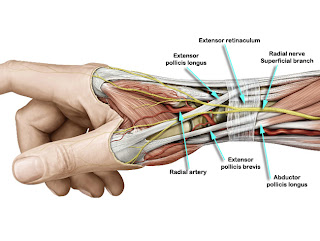Composition of different treatments in subacromion bursitis: Evidence from a recent study.
Tate AR et al recently tried to define the dosage and specific techniques of manual therapy and exercise for rehabilitation for patients with subacromial impingement syndrome in a case series. 10 patients (age range, 19-70 years ware treated with a standardized protocol for 10 visits over 6 to 8 weeks.
More about this program:
1. Strengthening rotator cuff and scapular muscles (3-phase progressive strengthening program)
2. Manual stretching
3. Manual therapy aimed at thoracic spine (Both thrust and nonthrust manipulation)
4. Manual therapy aimed at and the posterior and inferior soft-tissue structures of the glenohumeral joint (Both soft & bony. Bony manipulation: Both thrust and nonthrust manipulation)
5. Other components of this program: Activity modification and a daily home exercise program of stretching and strengthening.
Result of this program: This case series describes a comprehensive impairment-based treatment which resulted in symptomatic and functional improvement in 8 of 10 patients in 6 to 12 weeks and appeared to be successful in the majority of patients.
LEVEL OF EVIDENCE: Therapy, level 4.
Reference:
Tate AR et al; J Orthop Sports Phys Ther. 2010 Aug;40(8):474-93. (Comprehensive impairment-based exercise and manual therapy intervention for patients with subacromial impingement syndrome: a case series.)


Comments
Post a Comment